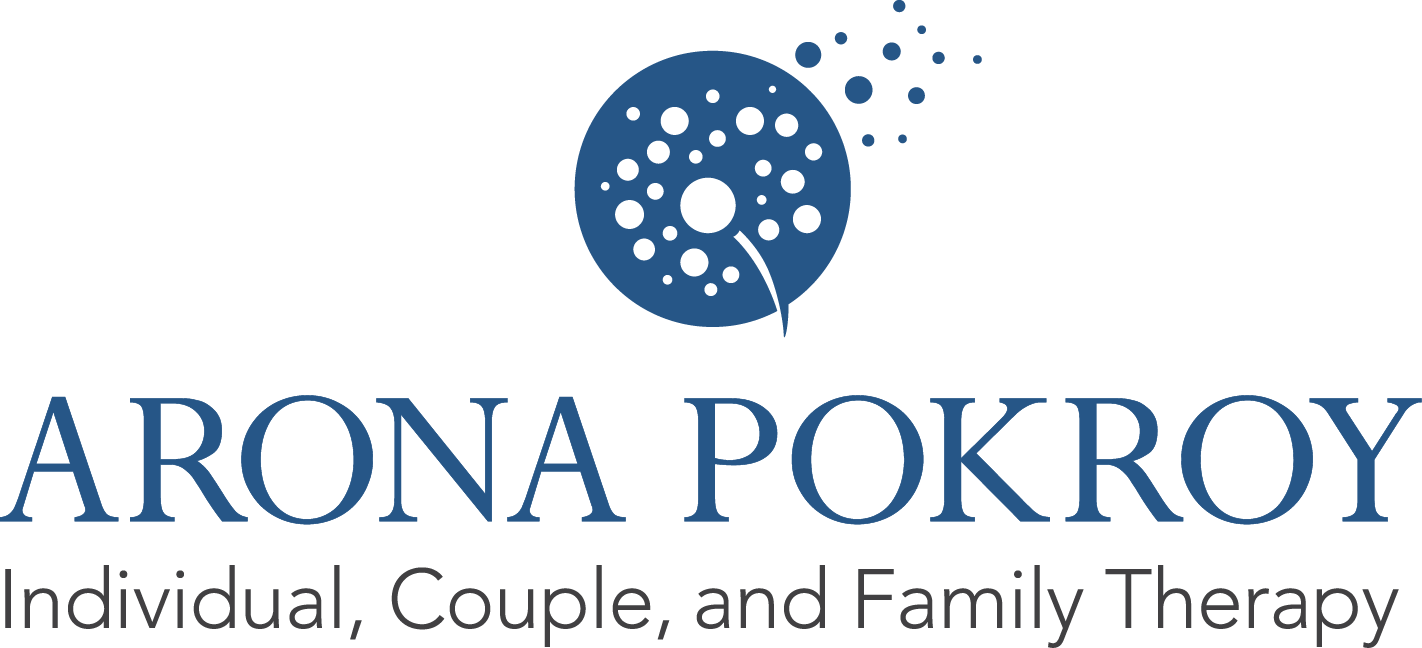Individual Therapy
Therapy can help you achieve your goal whether it is to be happier, calmer, function better, or to improve your relationships.
What Individual Therapy Addresses
Therapy addresses many issues including:
Depression
People who are depressed may feel hopeless, helpless, and worthless. They may be critical of themselves, feel a general lack of energy and find it hard to do things that normally come easily to them. Sleep may be poor, there may be a loss of appetite (or alternatively overeating) and they may disengage from things that usually interest them.
If you are feeling depressed, I want you to know that there is help available. The depression may make this hard to believe at first.
Anxiety
Everyone experiences stress at some point. And who has not felt at least a little nervous before a test or an interview? A little anxiety and some stress is part of the normal ups and downs of life.
Higher levels of anxiety however can be distressing and uncomfortable. You may be having a hard time sleeping, feel worried a lot of the time,and find it hard to relax.You may also have physical symptoms such as digesive issues, muscle tension, and a racing heart.
Chronic stress, trauma, or a biological tendency may lead to high levels of anxiety. If you are experiencing chronic anxiety to a degree that feels very uncomfortable, know that there is help available.
Self Esteem
Low self esteem can manifest in different ways such as having a harsh inner critic telling you that what you are doing or who you are is “wrong”. A lack of confidence, not feeling good enough, and a sense of shame can all be signs of low self esteem.
Work Issues
Many hours a day are spent at work, so it is not surprising that issues come up around the workplace. Some examples are: an interpersonal issue with a co-worker or boss, experiencing high levels of stress on the job, or difficulty in achieving work related goals.
Therapy can be a good place to figure out how to go about finding workable solutions.
Relationship Issues
Relationships can be complex. Some relationships we choose, like a spouse or friends. Other relationships are a given, like our parents or children. While relationships of all kinds, can be a source of mutual caring and joy, they also have the potential to be a source of stress and pain.
Relationships can improve. All parties can attend therapy together (e.g. family therapy) or just one person can come in for relational coaching.
Also see the section on Couples Counseling
How Individual Therapy Helps
Whatever the issue, you are probably looking to get relief from symptoms and improve your life. You may want to feel healthier, happier, and more connected to friends and family.
- Identify your strengths
- Expand your coping skills
- Improve your self esteem
- Identify patterns and explore alternatives
- Find solutions that work for you
Life may be challenging at different points. This can be unpleasant or hard. At the same time it can also offer an opportunity to heal, grow, and reconnect to yourself and others. Therapy can help facilitate this.
Approach in Individual Therapy
I use several different therapy approaches including EMDR, IFS, Family Systems, Mindfulness, and Somatic Interventions. You can read more about each of these on my About page. Having several tools available, we can tailor the therapy to address your specific individual needs.
In addition to these approaches, when working with an individual, there are a few levels of interaction that I have in mind. Depending on the need, together we may look at one, two or all three of these in our work together.
- Your internal system- What is going on inside on you, how the different parts of you interact with each other, what changes might be helpful, and different ways you can go about doing that.
- Your environment- This includes your family, friends, society, etc. This has two parts. The first is looking at how the environment may effect you and your wellbeing. The second is the impact that you have on the people around you. When looking at the external system, it is important to notice both the support and resources in the system as well as any challenges and difficulties.
- The therapeutic relationship- Sometimes it can be helpful to discuss what is going on in our relationship. This may be another way of learning more about yourself, an opportunity for you to bring up what is and what is not working for you in therapy, or a way to repair a rupture in the relationship.
Therapy for the Dati and Charedi Population
I offer services to the dati and charedi population that are both professional and culturally sensitive. If you are dati or charedi, you may prefer seeing a therapist who understands your culture, halacha, and the societal context in which you live. Some clients have reported feeling that their dilemmas were better understood in this context.
As per professional standards, all services are strictly confidential.
All services are also open to the general public.
